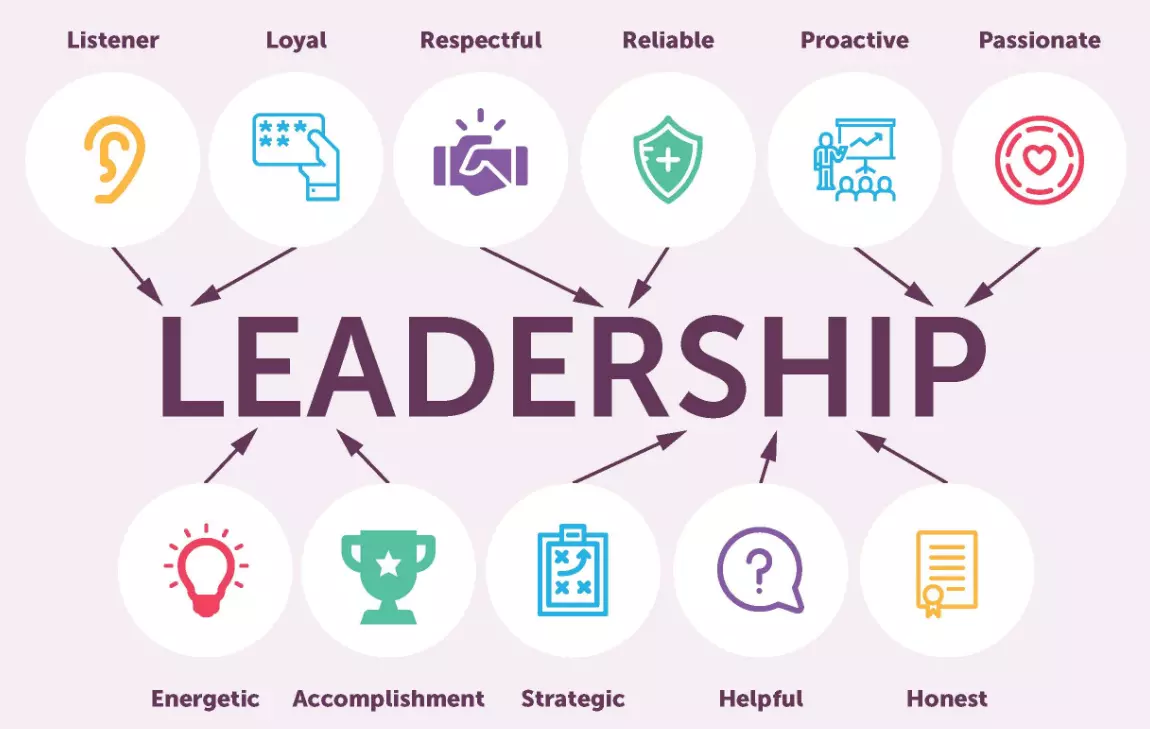
The biggest misconception people make about leadership is that people are born as great leaders.
Leadership is not a natural, inherent trait—influential leaders are cultivated and trained.
Unfortunately, most organizations don’t put enough effort and resources into leadership development. A shocking 59 percent of those managing one or two employees and 41 percent of those managing up to five employees have received no leadership training.
This lack of training can hurt an organization.
What is a leadership development program?
A leadership development program is essentially a structured learning experience designed to enhance the skills and abilities of individuals to excel in leadership roles. It aims to equip participants with the necessary knowledge, tools, and confidence to become effective leaders who can motivate, inspire, and guide others.
Here are some key features of leadership development programs:
- Focus on skill development: Programs typically focus on developing various leadership skills, such as communication, conflict resolution, decision-making, team building, and emotional intelligence.
- Variety of learning methods: They often employ a mix of learning methods, including workshops, coaching, mentoring, simulations, and project-based learning.
- Self-awareness: Many programs encourage participants to gain self-awareness by exploring their strengths, weaknesses, and leadership styles.
- Goal-oriented: Effective programs are designed with specific goals in mind, aligning with individual and organizational development needs.
- Tailored to specific contexts: Programs can be tailored to target different levels of leadership (e.g., emerging leaders, senior executives), specific industries, or organizational needs.
Here are some of the benefits of participating in a leadership development program:
- Improved leadership skills: Participants gain the knowledge and abilities to lead more effectively.
- Increased confidence: Programs can help individuals overcome self-doubt and build confidence in their leadership abilities.
- Enhanced career opportunities: Developing strong leadership skills can open doors to new career opportunities and promotions.
- Improved organizational performance: By investing in leadership development, organizations can build stronger teams, enhance employee engagement, and achieve better results.
What are the elements that make up a strong leadership development program?
What should your leadership development program include? Of course, the details will vary based on your specific needs, but in a broad sense, an excellent program will have the following elements.
Experienced coaching or mentoring
When we take what we observe in others and modify it for our own needs, we learn the most. This approach can work well if the individual we’re learning from possesses the right behaviors, but it can backfire in other cases.
Selecting the ideal mentor or coach for your future leaders is crucial. It’s important to guide team members who are still developing in the proper direction, which calls for having excellent role models to follow.
You can even hire carefully selected outside coaches, but make sure they are aware of your culture. Investing time in learning leadership skills that you can’t use in your workplace isn’t worth it.
Skill development
Acquiring new abilities might be difficult when inexperienced leaders are unaware of their ignorance. Using the best practices that work best for your business, you can internally train your leaders using a fundamental skill development curriculum.
A combination of both formal classroom instruction and online learning platforms can be used in an online training program.
It can be beneficial to have both short, relevant modules and long-form training. In this manner, it’s simple for someone to learn more about something they didn’t understand or to receive guidance for a current issue they’re dealing with.
The right training can help leaders excel in their roles, from communication to hard skills.
Accountability and goals
Lastly, the accountability and goal-setting aspects of your leadership development program are critical. Setting and achieving goals for teams and departments is the responsibility of leaders, so it’s critical that they develop this skill.
New leaders can learn how to take on projects, set growth goals, and more via the training program. They can also learn how to accept responsibility for the outcome.
